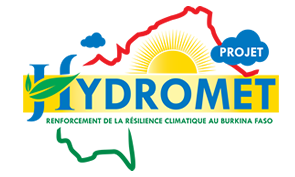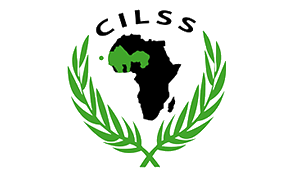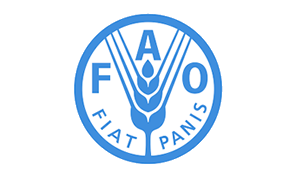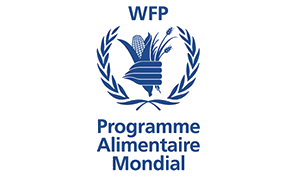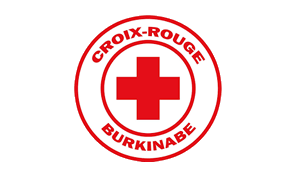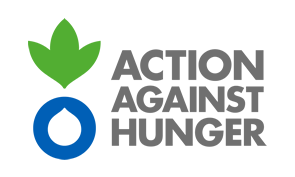Analysis of the fishing industry in Burkina Faso
This report is the result of several months of work on the impact analysis of policies at the level of the capture fisheries sector in Burkina Faso. These policies aim to reduce poverty and food insecurity. The policy options analyzed are defined in the Strategic Framework for the Fight against Poverty (PRSP), and more specifically for the implementation of the Priority Action Plan (PAP).
In the PRSP, the fishing sector is particularly essential because it provides both rural and poor populations with income, and it contributes to better nutrition thanks to the high protein content of the product.
Based on the data available from 2006, a complete analysis of the fishing industry was carried out. The main agents of the sector were distinguished: fisherman, processor, small and large traders of fresh fish, small trader of fresh fish, trader of smoked fish. The analysis highlighted the power relations between the actors of the sector, the links that create wealth and those who, on the contrary, destroy it, the activities which optimize the use of resources, the most deprived agents of the sector on the remuneration plan for their activity.
The catching activity is the one that creates the most added value in the sector (63.6%). It is more beneficial to the community than to the fishing agent who is underpaid (103,282 FCFA per year).
Large fresh fish traders are the wealthiest agents in the sector with an added value of 18.7% for an individual and annual profit of around 8,711,957 FCFA.
Small fresh fish traders are the second largest beneficiaries of the sector. They contribute to the creation of added value in the sector of around 12.6%. The agent makes an individual annual profit of 1,341,088 FCFA.
The transformation activity is not financially promising. The “fish products processor” agent has an annual income of around 36,925 FCFA. These processors contribute to the creation of added value of around 3.7%. Reduced to an economic analysis, this activity is destructive of wealth.
Smoked fish traders create an added value of around 1.5% for an individual income of 144,285 FCFA per year.
As part of this study, the fishery amplification measurement was simulated, with the objective of producing 700 additional tonnes of fish per year. The consequences would be an increase in the gross added value of the fishing industry from 9,086,222,000 to 9,775,911,000 CFA francs, ie an increase of 7%.
The calculation of the protection coefficients (CPN, CPE) and comparative advantage (CRD) generally shows that the fishing industry is protected and that there is a large price distortion leading to a relatively exaggerated gain for certain players in the sector. industry like the big traders. The indicators of comparative advantage show that the sector is competitive overall. However, some agents (processors, small traders) still deserve a lot of support given the social nature of their activity and with a view to improving their contribution to the economic system of Burkina Faso.
The functional, financial and economic analyzes of the sector (with or without the policy measure) made it possible to assess the activities of the various agents. They also made it possible to assess the strengths and weaknesses of the sector, and especially the inequalities in the distribution of income between agents in the sector and their contribution to the creation of added value.
With a view to making the sector viable and strengthening, recommendations were made.
